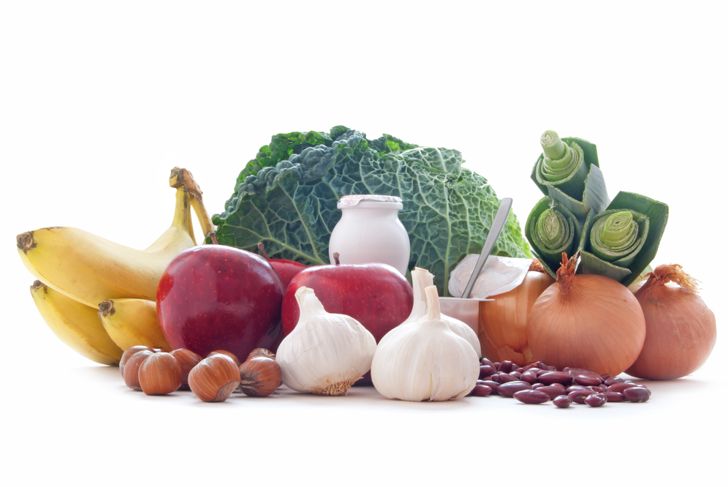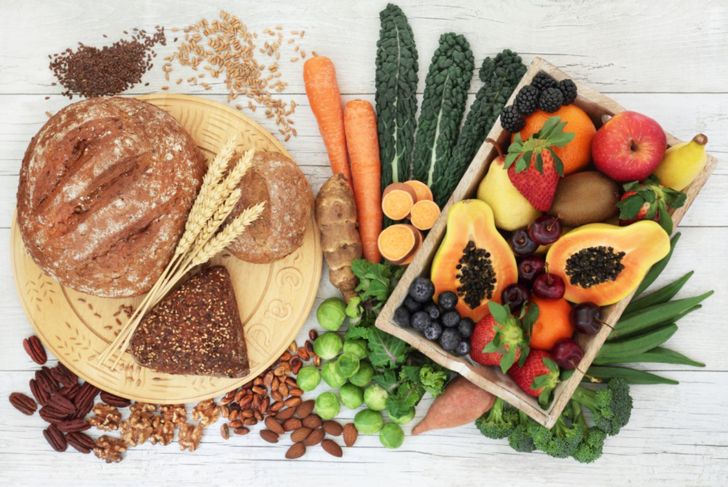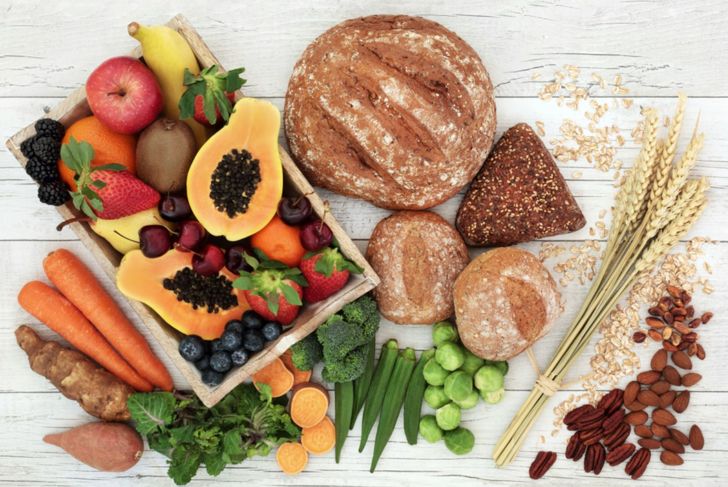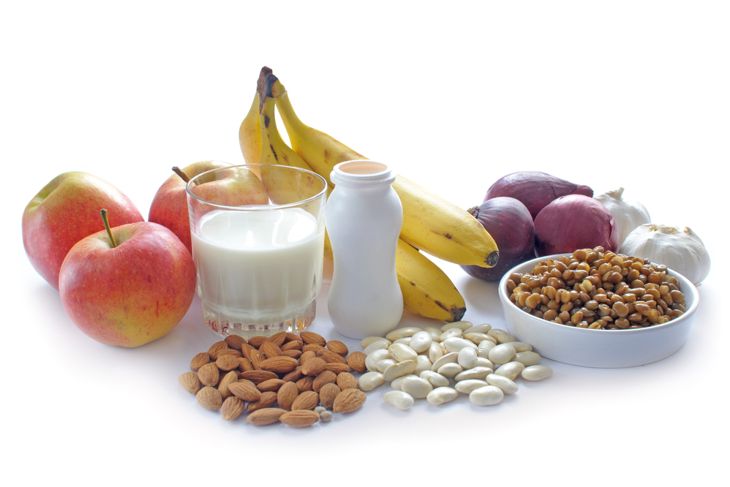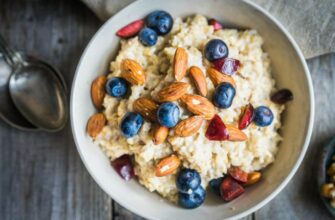We are all acquainted with probiotics, those friendly and beneficial bacteria that live in our digestive tracts. But what are prebiotics? Are the two the same and do they offer the same benefits? Many tend to confuse the two. Although probiotics are beneficial for bacteria and prebiotics are essential foods for such bacteria. It is essential to consume both of these- pro and prebiotics in a balanced amount. Here are the most frequent questions asked about prebiotics.
What are prebiotics?
To start with, prebiotics are those food ingredients which are non-digestible and support the growth of helpful micro-organisms in the intestines. So foods which are high in prebiotics can offer many benefits. Prebiotic foods pass through the digestive tract without getting digested. When the prebiotics meets with good bacteria, they serve as the nourishment for the beneficial micro-organisms. Simply said, prebiotics feed probiotics. In turn, the latter will do their job more efficiently. Maintaining the health and balance of the good bacteria is one of the most crucial things to do to stay healthy. So it’s highly beneficial to add more prebiotic foods to your diet.
How are prebiotics and probiotics related?
Probiotics and prebiotics are both essential elements for a healthier gut. Probiotics refer to micro-organisms that thrive in the digestive tract which help in the process of digestion by cleansing the tract so that digested material can flow more freely. Since these are living organisms, they will need nourishment to stay active and perform the duties that will benefit the human body. They will need prebiotics. Prebiotics, on the other hand, serves as the food for the probiotics. They’re needed for the nourishment of probiotics so the latter can function effectively. In analogy, do you remember about the 70’s computer game, Pacman? The probiotics are Pacman, eating its way through those mazes of yellow dots, which are the prebiotics. It’s as simple as that.
How do you get prebiotics?
Prebiotics is a type of fiber which is non-digestible. It serves as nourishment for the tract’s good bacteria. The more these micro-organisms eat prebiotics, the better they become in carrying out their duties. Consequently, you will not only have a healthier gut but a healthier you as well. You may not be aware of it, but you may already have these in your gut. Many of the foods you eat have natural prebiotics. If you love eating high-fiber foods, then it’s certain that you already have prebiotic fibers in your digestive system.
What foods contain a lot of prebiotics?
Many foods have high-fiber contents. But there are some specific foods which have high levels of prebiotics. This includes raw foods such as jicama, Jerusalem artichokes, dandelion greens, asparagus, chicory root, and honey. Also, raw or cooked onions and under-ripe bananas contain a lot of prebiotics.
Which are healthier, raw or cooked prebiotic foods?
Like any other food, the composition of prebiotic foods changes when cooked. Heat alters the natural composition of foods. This applies as well to prebiotics. When cooked, they may lose some of their prebiotic fibers. It’s not yet known about the number of prebiotic fibers getting lost when you prepare the foods, although it’s safe to assume that less heat will retain more of that healthy prebiotic fiber. More heat, on the other hand, will lead to less prebiotic fibers. This should give you an idea of what to do with those foods rich in prebiotic fibers. For instance, you can eat dandelion leaves raw as a salad ingredient. Ditto with onions, asparagus, and much more. If you opt for cooking, try steaming them as they will retain more of their fibers.
Can prebiotic foods improve the immune system?
Many studies show the impact of prebiotic foods on the immune system and the results have been encouraging. Since prebiotics feed probiotics, the latter can do a more effective job in terms of nutrient absorption in the intestines, and this is vital to immunity. Studies have also shown that prebiotics and probiotics, working together, can help to boost the immune system. Some conditions that prebiotics can improve include vaginal yeast, urinary tract infections, colds, flu, and more.
How do prebiotic foods benefit the gut?
Prebiotics, serving food for probiotics in the digestive tract, can help to balance our good bacteria and keep the bad ones at bay. Studies have shown that increasing the intake of prebiotics can lead to many health benefits like prevention of diarrhea, improved digestion, reducing gas or bloating, and promote regular bowel movements. Other studies also indicated that prebiotics could help with symptoms of IBS, leaky gut syndrome, diarrhea caused by the use of antibiotics, and inflammatory bowel disease.
Can prebiotic foods also promote weight loss?
Although nothing is conclusive, there are indications that prebiotics can be an aid in weight loss. If you eat more prebiotic foods, there will be an increase in satiety which will make you feel full longer. Logically, fewer hunger pangs mean less food consumption. Prebiotics might also aid in the regulation of hormones that power the body’s metabolism.
What are the other benefits of consuming prebiotic foods?
Research shows a link between inflammation and other major diseases like heart issues, and diabetes. There is evidence that prebiotics together with probiotics can have some anti-inflammatory effects in the body. Further studies have also indicated a connection between prebiotics and improved mood, bone health, cancer, heart disease, and more.
How much prebiotic foods do we need?
If you want the best results that prebiotics can offer, consume prebiotic-dense foods every day. You might be consuming fiber-rich foods, but it’s not always a guarantee that you will be getting enough to achieve the optimal beneficial health effects. There are some factors to consider that can impact the prebiotic fibers that you are eating. Remember that cooked foods will lessen the nutrition value of foods, and that includes prebiotic foods.

 Home
Home Health
Health Diet & Nutrition
Diet & Nutrition Living Well
Living Well More
More